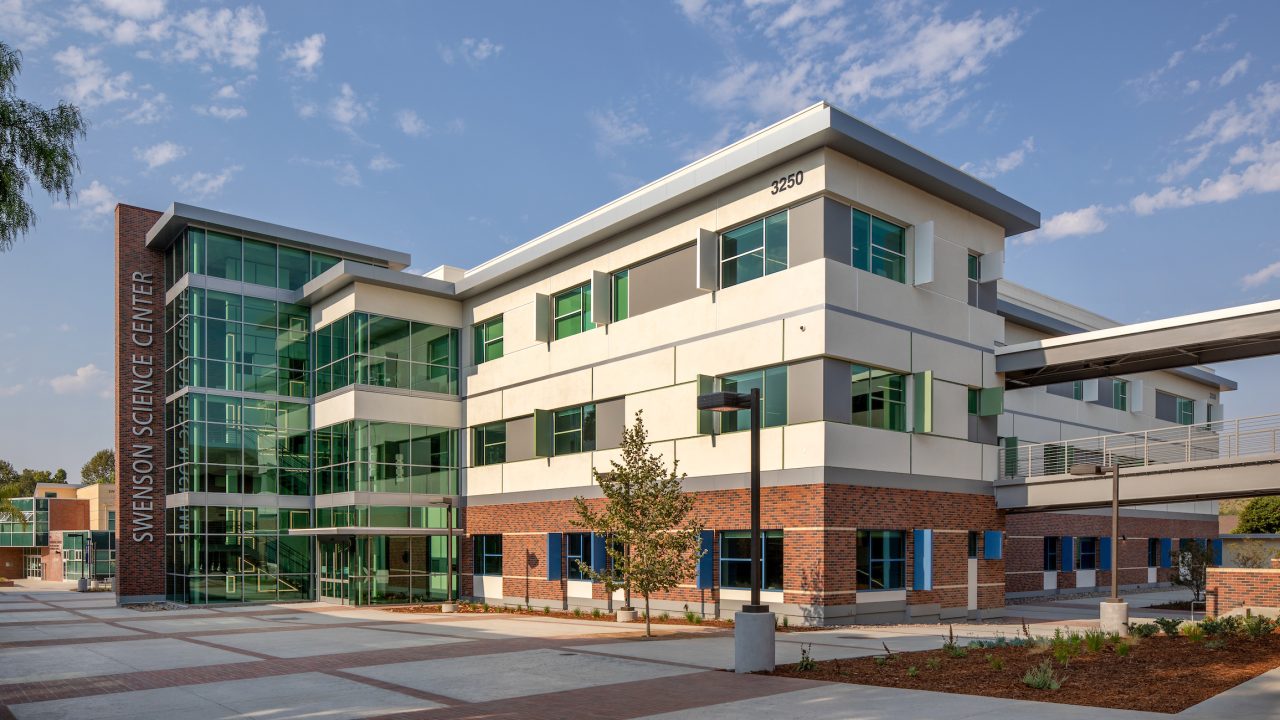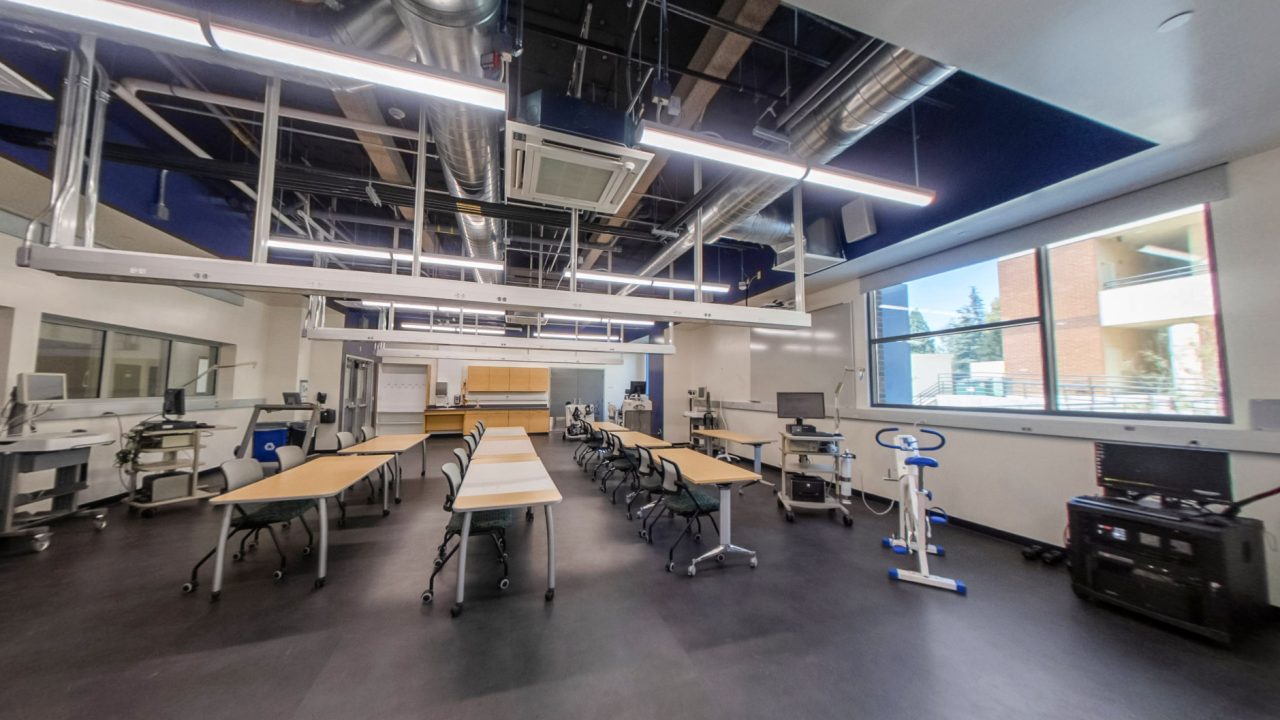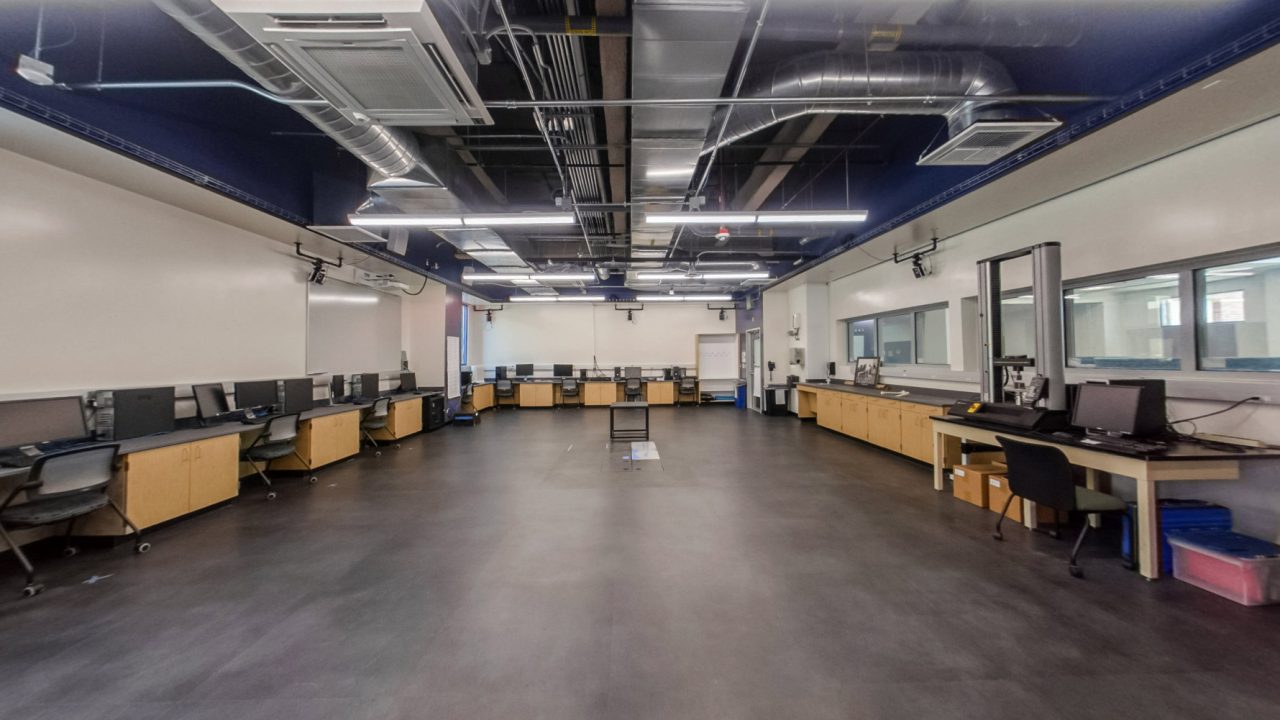Exercise Science
Exercise science is an interdisciplinary program that prepares you for careers in allied health, human movement and physical education.
With multiple research opportunities and experiential learning activities, you’ll develop the strong inquiry skills necessary to excel.
Dive deep into research
Hands-on research is a core part of our exercise science program. Through your courses, you will:
- Be introduced to research methods and literature
- Participate as subjects in other students’ projects
- Complete group projects that answer specific questions in advanced classes
- Conduct a semester- or year-long senior capstone research project on a topic of your choosing
Utilize state-of-the-art equipment
Our modern learning facilities at Swenson Science Center emphasize science on display, with labs surrounded by windows so you can witness experiments right when you enter the building. The Biomechanics and Exercise Physiology Ergometer Teaching Labs give you access to the tools you’ll need to conduct meaningful research, including:
- 3-dimensional force plates
- Biodex Isokinetic Unit
- 8-camera optical motion capture and analysis system
- Telemetered electromyography system
- Metabolic measurement systems
- 12-channel ECG
- Ergometers for the measurement of work and power
- Bod Pod body composition analyzer
Learn in our exercise labs
Our two research laboratories in Gilbert Sports and Fitness Center house cutting-edge technologies, including Ultrasound and Air Displacement Plethysmography (Bod Pod).
At a Glance
Degree Type
Bachelor of Science
Department
Exercise Science
School/College
College of Arts and Sciences
Next Steps
Interested in this major? Here's what you can do next:
With challenging and relevant courses, outstanding faculty, small class sizes, and an emphasis on hands-on learning, the exercise science program will position you to succeed in your chosen career.
Degree requirements
Find out what it takes to earn a degree in exercise science and explore the courses.
Emphasis Areas
Customize this major to your interests by taking courses in an area of focus:
Health Professions
Be prepared to go on to a graduate program in a health-related field such as medical school, physician assistant programs, physical therapy, occupational therapy, and nursing programs. The curriculum enables students to meet the course pre-requisites for any of these programs as part of their degree in exercise science.
Human Performance
Be prepared to immediately go into the workforce in exercise-related positions (e.g. personal training, exercise programming for a company or hospital, medical sales) or to go on to graduate school within exercise science (e.g. nutrition, biomechanics, clinical exercise physiology) or some allied health fields such as athletic training.
Highlighted Courses
Get familiar with some of the courses you might take in this major.
EXSC 202: Exercise Physiology
Structure, function and regulation of the physiological systems most important in exercise, physical education and sport settings. Emphasis is placed on muscular, metabolic, cardiovascular, nervous and endocrine systems.
See descriptionEXSC 300: Exercise Prescription
Design, implementation and evaluation of exercise and physical activity programs for all populations. Covers the scientific basis for exercise prescription, gender issues, ethnicity issues, children and older adult issues, and exercise prescription for sports. Emphasis involves the scientific application of training principles and safety to improve both health and physical fitness.
See descriptionEXSC 302: Motor Development Across a Life Span
Motor skills or movement skills provide much of the means of human interaction with the environment. This course studies the interaction of motor skills and the environment through birth, infancy, childhood, adolescence, adulthood, middle adulthood and old age within the context of health disparities, especially among racial/ethnic populations.
See descriptionEXSC 340: Motor Learning and Control
This course will provide an introduction to clinical assessment of exercise, with particular focus on modalities. This course will examine the theoretical and clinical basis for the use of therapeutic modalities in clinical assessment. This course will provide knowledge regarding the scientific basis and physiological effects of various modalities, as well as knowledge of safe and appropriate use of modalities in clinical assessment.
See descriptionEXSC 401: Advanced Biomechanics
Studies the three-dimensional mechanical aspects of human movement. Topics include gait analysis, mechanical properties of biological tissues, work-energy approach to movement analysis, inverse dynamics, ergonomics and postural sway.
See descriptionEXSC 461: Exercise Psychology
This course will examine applied and theoretical issues related to the psychology of physical activity. Theories of motivation and exercise behavior will be examined in relation to the increasing problems of exercise adherence and physical inactivity. Other topics that will be discussed include: the psychological benefits of exercise, personality and exercise, body image, and the psychology of injury.
See descriptionRecommended Minors
Want to add even more value to your degree? Consider one of these minors to gain a unique combination of skills and perspectives.
Check out the spaces and tools you'll have access to in this major. Explore the entire Cal Lutheran campus with our virtual tour
We offer hands-on opportunities that give you the freedom to explore your passion through real-world work and prepare for a fulfilling career.
-
Learning in Action
We emphasize “doing” science and an active approach to learning. Throughout your classes, you’ll gain a lot of research experience by working side-by-side with your professors in state-of-the-art facilities. You’ll design experiments, collect scientific data, perform statistical analysis and share your conclusions through research papers and presentations.
-
Research Opportunities
We offer numerous hands-on research experiences, including summer research fellowships. Students have also garnered recognition through California Heart Association grants, National Institutes of Health and National Science Foundation summer research posts, and internships at local biotechnology firms such as Amgen and Baxter — among the nation’s top biopharmaceutical corporations.
-
Conference Presentations
There is a strong focus on professional development and engagement. Our students frequently attend national and regional meetings to network and present research to the greater science community. Cal Lutheran even has one of the largest presence at the American College of Sports Medicine Southwest Chapter Conference annually held in October.
-
Internships
We encourage and support internship opportunities at sites that include Physical Therapy and Occupational Therapy clinics, Los Robles Hospital, University Village Retirement Community, Sports Academy and SportsWestKids training center.
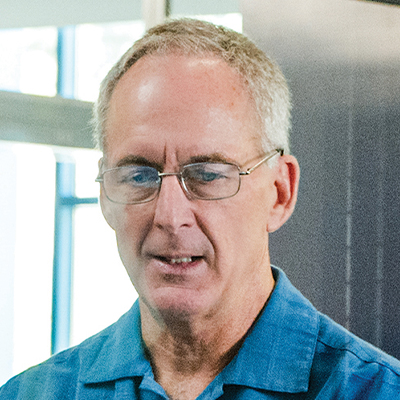
Movement is integral to the human experience, making the study of human movement applicable to nearly anything that we do. Exercise Science students are encouraged to tailor their Capstone inquiry to whatever interests they have, providing a richer and more personal experience with research.
Steven Hawkins
Professor
Many exercise science careers require further education, certification, or licensure beyond an undergraduate degree. Upon graduation, you will be prepared to enter additional educational programs in medicine, physical therapy, athletic training/sports medicine, exercise physiology, biomechanics, fitness management, nutrition, teaching and other health- and movement-related fields.
Potential Careers
Athletic Trainers
Evaluate and treat musculoskeletal injuries or illnesses. Provide preventive, therapeutic, emergency, and rehabilitative care.
See descriptionPhysician Assistants
Provide healthcare services typically performed by a physician, under the supervision of a physician. Conduct complete physicals, provide treatment, and counsel patients. May, in some cases, prescribe medication. Must graduate from an accredited educational program for physician assistants.
See descriptionOccupational Therapists
Assess, plan, and organize rehabilitative programs that help build or restore vocational, homemaking, and daily living skills, as well as general independence, to persons with disabilities or developmental delays. Use therapeutic techniques, adapt the individual's environment, teach skills, and modify specific tasks that present barriers to the individual.
See descriptionPhysical Therapists
Assess, plan, organize, and participate in rehabilitative programs that improve mobility, relieve pain, increase strength, and improve or correct disabling conditions resulting from disease or injury.
See descriptionRecreational Therapists
Plan, direct, or coordinate medically-approved recreation programs for patients in hospitals, nursing homes, or other institutions. Activities include sports, trips, dramatics, social activities, and crafts. May assess a patient condition and recommend appropriate recreational activity.
See descriptionExercise Physiologists
Assess, plan, or implement fitness programs that include exercise or physical activities such as those designed to improve cardiorespiratory function, body composition, muscular strength, muscular endurance, or flexibility.
See descriptionHealth Education Specialists
Provide and manage health education programs that help individuals, families, and their communities maximize and maintain healthy lifestyles. Use data to identify community needs prior to planning, implementing, monitoring, and evaluating programs designed to encourage healthy lifestyles, policies, and environments. May link health systems, health providers, insurers, and patients to address individual and population health needs. May serve as resource to assist individuals, other health professionals, or the community, and may administer fiscal resources for health education programs.
See descriptionFitness and Wellness Coordinators
Manage or coordinate fitness and wellness programs and services. Manage and train staff of wellness specialists, health educators, or fitness instructors.
See descriptionLooking for more career paths? Search these related areas to discover more options.
Employers
Some of the organizations our graduates work for include:
- American College of Sports Medicine
- Camarillo Family YMCA
- Children’ s Hospital Los Angeles
- Custom Physical Therapy
- Elite Fitness Plus
- Fire Department
- Hand Rehabilitation Specialists
- Los Robles Regional Medical Center
- Paraxel Biopharmaceutical and Medical Device Company
- Recooperation Physical Therapy
- San Ramon Regional Medical Center
- Southern California Orthopedic Institute
- Teach for America
Graduate Schools
Our alumni have pursued advanced degrees at:
- Asuza Pacific University
- Baylor University
- Chapman University
- Columbia University
- Duke University School of Medicine
- George Washington University
- Loma Linda University
- Regis University
- Stanbridge University
- University of Colorado
- University of North Carolina
- University of Southern California (USC)
- University of Washington
- Western Kentucky University
- Western University of Health Sciences
- Yale University
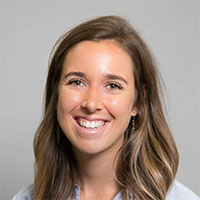
I believe this program sets students up for success by not limiting the number of opportunities or declaring a set path after graduation. This program offers courses that can be applied to many different fields. After graduation, I was selected to join the Corp Teach for America where I taught science in Chicago for a few years. During my time teaching children, I was exposed to the overwhelming rate of type II diabetes and obesity in children, which sparked my interest and decided to further my education in learning how to prevent and treat metabolic diseases through nutrition and biomedicine.
Alexandria Ruggles '15
M.S. in Nutrition and Biomedicine Student, Technische Universität München
This page includes information from O*NET OnLine by the U.S. Department of Labor, Employment and Training Administration (USDOL/ETA). Used under the CC BY 4.0 license. Some occupations listed above may require a related graduate degree.
How We Prepare You for Success
We have 20,000+ employer contacts for jobs and internships, with over 200 listings posted each week.
Our excellent career counselors in the Career Services center will get in touch with you during your very first term on campus. They offer over 50 workshops each year on resume writing, interviewing, salary negotiations, applying to graduate schools, and other critical skills to help you begin your career successfully.
After you graduate from Cal Lutheran, you receive free access to Career Services for life, as a valued member of our alumni family.
of Cal Lutheran graduates find a job or enroll in graduate school within nine months
We work with students and families to make sure everyone who is admitted to Cal Lutheran can afford it.
Tuition & Fees
You and your family might have questions about how you’ll cover the costs of college. We can tell you this — it costs less than you think.
Scholarships & Grants
We offer a range of awards based on academic merit and financial need. This is money that does not need to be repaid.
Financial Aid
If you're new to the financial aid process, you probably have a lot of questions. But don't worry — we're here to help guide you all the way.
Let us know and we'll send you information about our academics, campus life, the admission process, and more!
Level Up Your College Search
Check out our college success guides to help you navigate the search process.
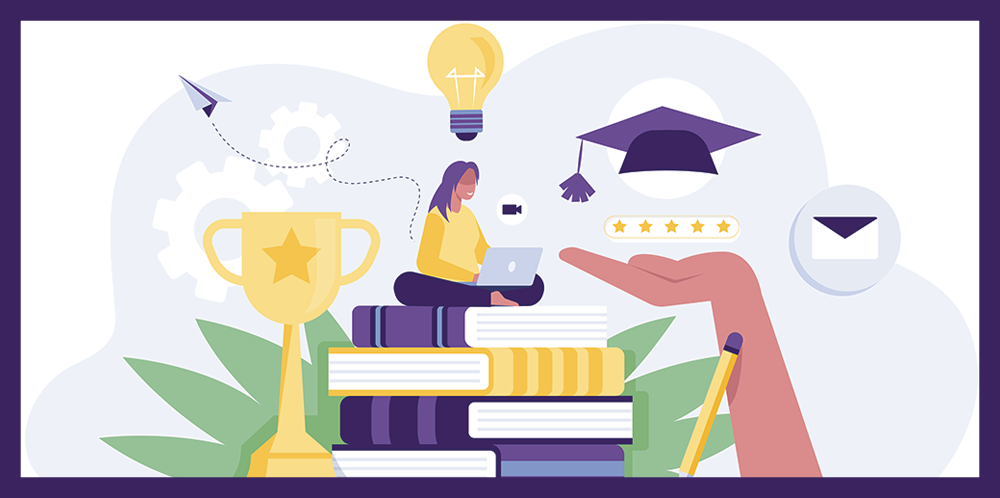
5 Tips for Applying to College
Learn how to look good when applying to colleges, with personal tips to stand out from Cal Lutheran admission counselors.
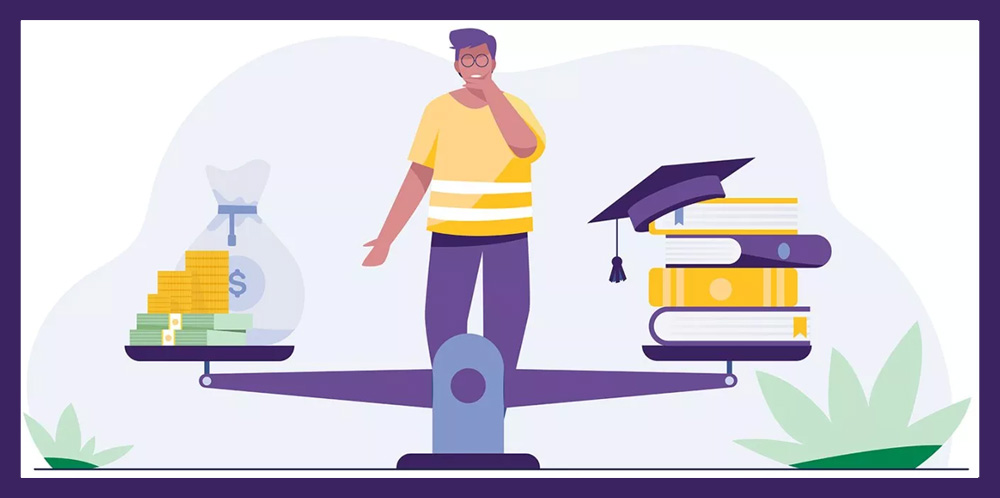
How to Afford College
Read this guide to minimize costs as you save for college during high school — learn all about scholarships, financial aid, FAFSA, and more!
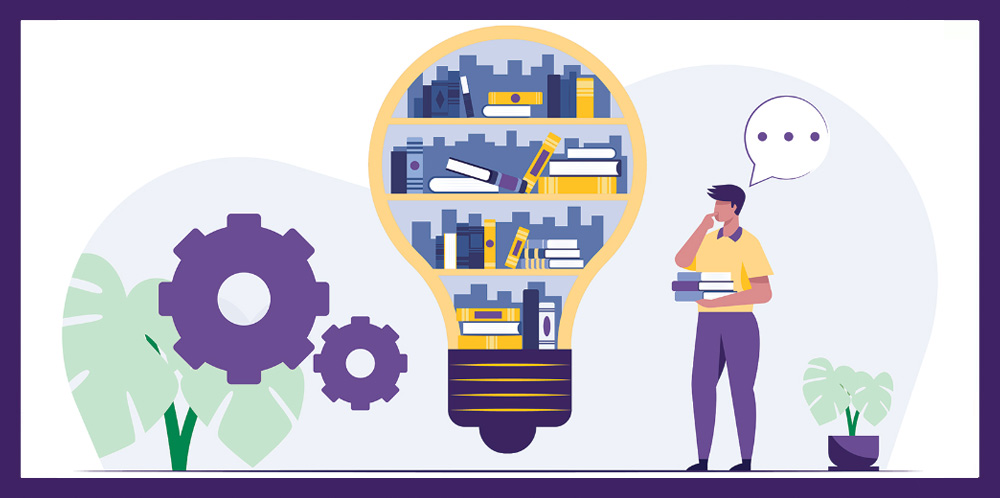
How to Choose a College Major
Your major will be a significant part of your academic experience. How do you pick the right one?
